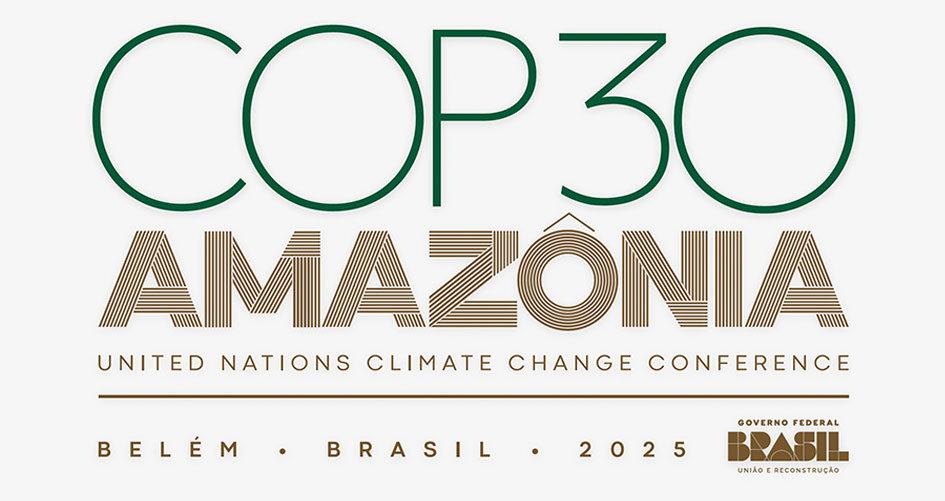Belém Begins Today: Will COP30 Correct the Course or Reinforce the Crisis?
Today marks the first day of COP30 in Belém, on the edge of the Amazon, at a moment when political time and planetary time are dangerously short. Civil society enters this conference carrying both the disappointment of Baku and the determination that Belém might finally be the turning point the world desperately needs.
As the world gathers in Belém, civil society does so with the clear understanding that what happened in Baku cannot be repeated. COP29 was not a moment of progress; it was a moment that revealed how deeply constrained the global climate regime still is. The so-called “finance COP” ended with a pledge that covers only 6% of what the world actually needs to confront the crisis. Walkouts by small island states, strong objections from India, and a collective statement from 335 civil society organizations all reflected the same truth: the outcomes in Baku were far from the scale of the emergency.
Feminist movements fought hard in that difficult environment to preserve even minimal space for gender justice. The extension of the Lima Work Programme was welcome, but every attempt to acknowledge the diversity of women’s experiences, address gender-based violence, or integrate care work into climate policies faced heavy resistance. Even the long-awaited recognition of unpaid care work in the just transition text was ultimately blocked. Women were present in the negotiation halls, yet largely absent from the final political decisions.
Still, civil society arrives in Belém with a renewed sense of possibility. Hosting this COP in a country with a deeper history of civic participation, and in the heart of the Amazon—a region that symbolizes both climate vulnerability and climate leadership—opens a different political space. And because COP30 marks ten years since the Paris Agreement, it forces the world to confront the reality that we are drifting toward 2.3–2.8°C of warming, a trajectory that threatens lives, livelihoods, and rights in every region.
In this moment, the call for the Belém Action Mechanism (BAM) becomes the centerpiece of civil society’s vision. BAM is not a technical adjustment; it is a structural demand. It seeks to build a coherent global architecture for a truly just transition—one grounded in rights, equity, and social protection. It proposes coordinated global direction, public and non-debt financing, technology transfer, support for workers and local governments, and a knowledge hub led by frontline communities themselves. Its governance model insists on shared power among women, workers, Indigenous Peoples, youth, and civil society, rather than leaving decisions to wealthy states and corporate actors.
The insistence that BAM must be feminist is not rhetorical—it is practical and necessary. The climate crisis is profoundly gendered; the people who bear the heaviest burdens are the least resourced and least represented. Less than one percent of development finance reaches women’s rights organizations; national policies routinely ignore gender-based violence; unpaid and underpaid care work remains invisible despite being the backbone of community resilience. A feminist BAM reframes care as essential infrastructure, channels direct financing to feminist groups, integrates GBV prevention into adaptation, and shifts resources and decision-making power to those living on the frontlines.
COP29 taught us that power alone will not safeguard life. People will. Movements will. Feminist organizers will. And as COP30 begins in Belém, civil society enters with a clear demand: a real just transition, real accountability, and a climate architecture centered on rights and gender justice. Time is short—yet the possibility of changing course remains, if those most affected lead the way.


